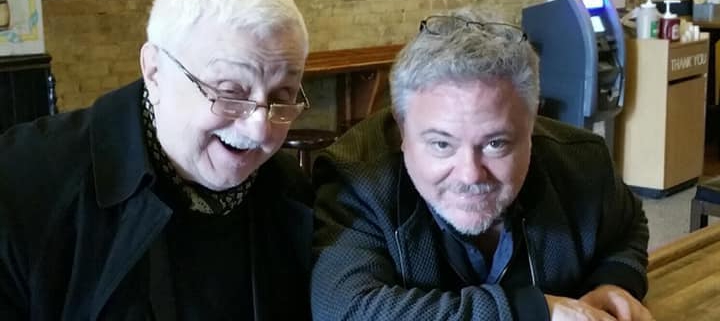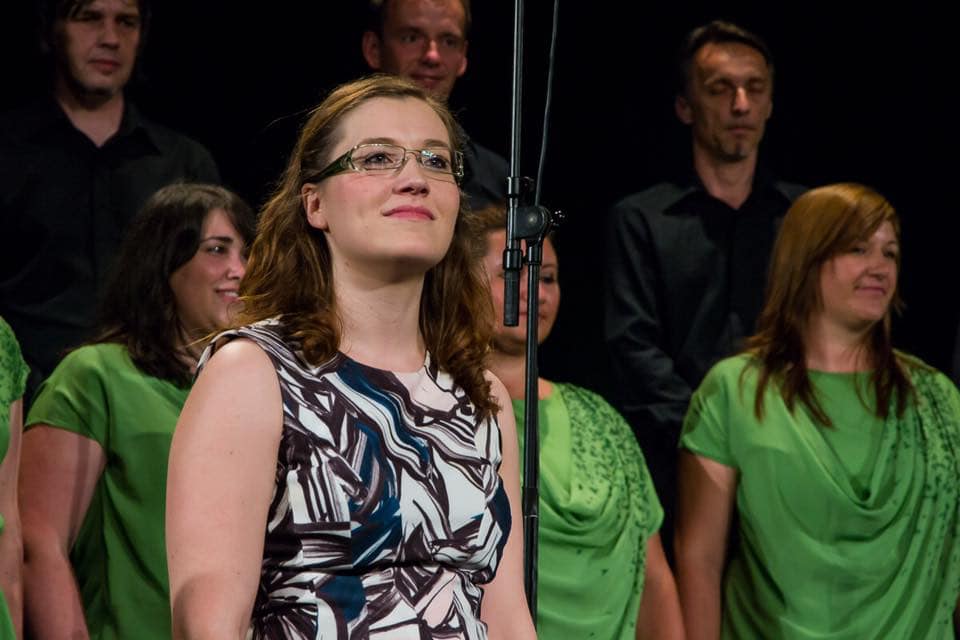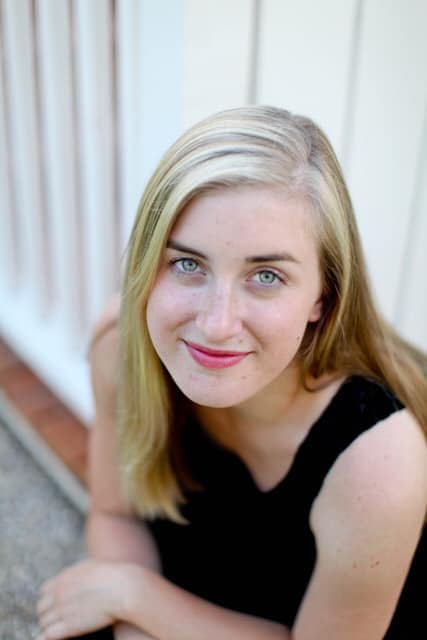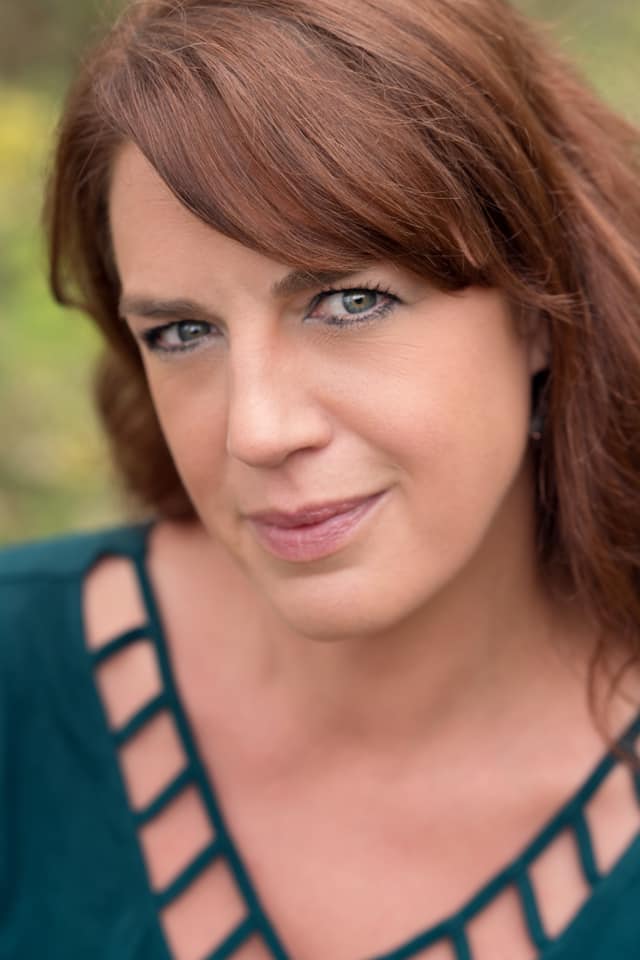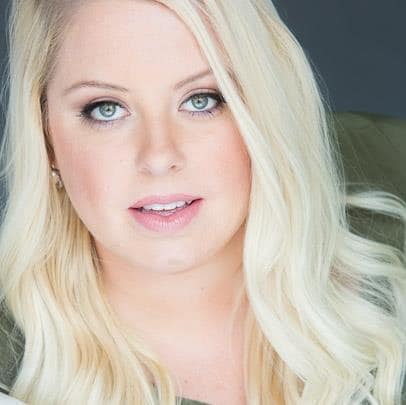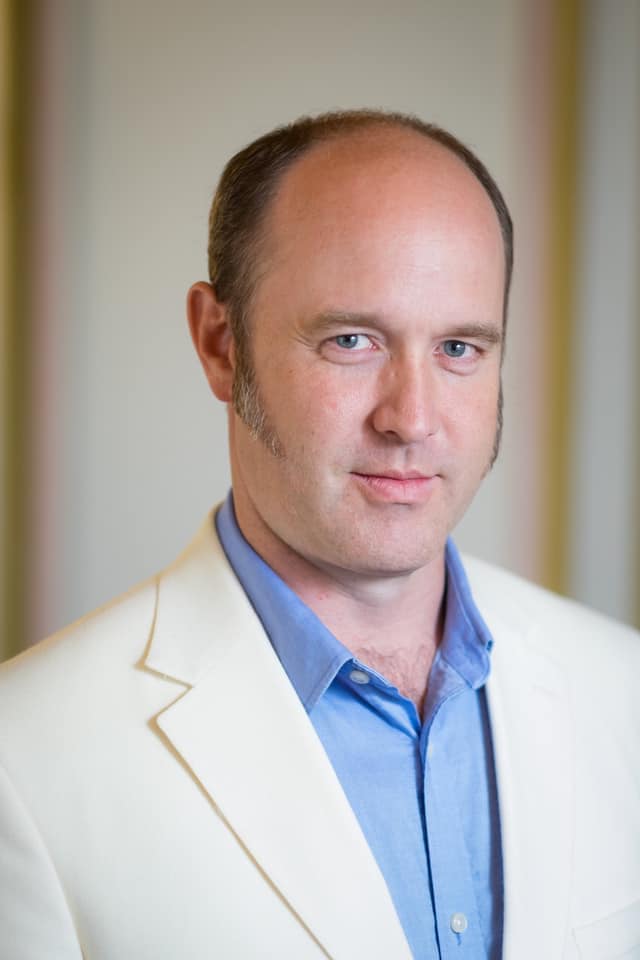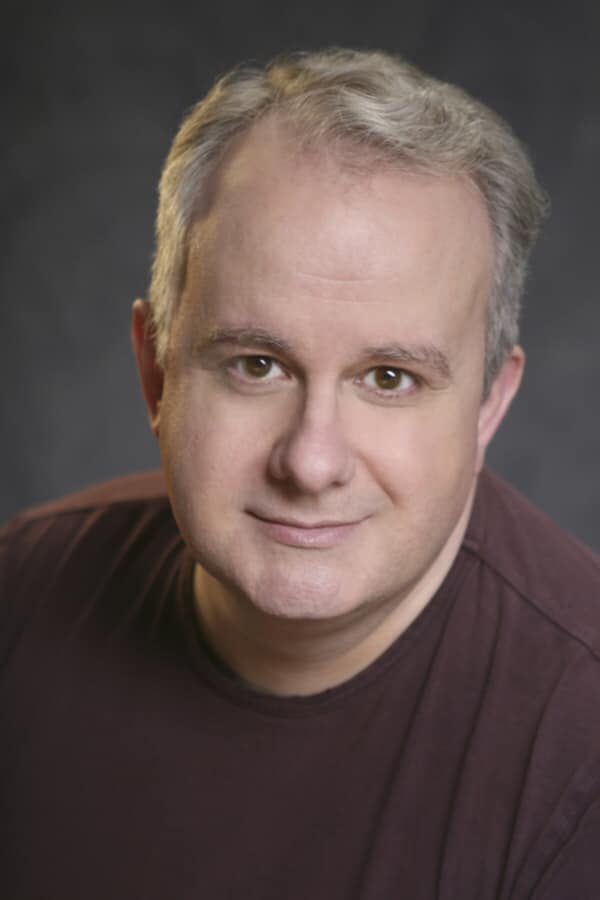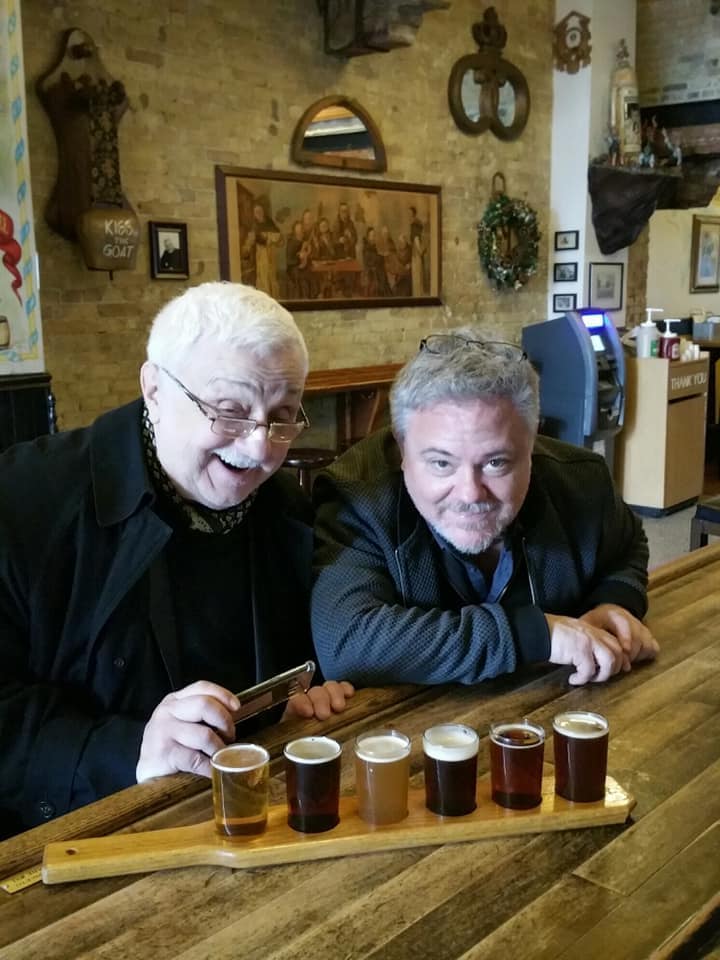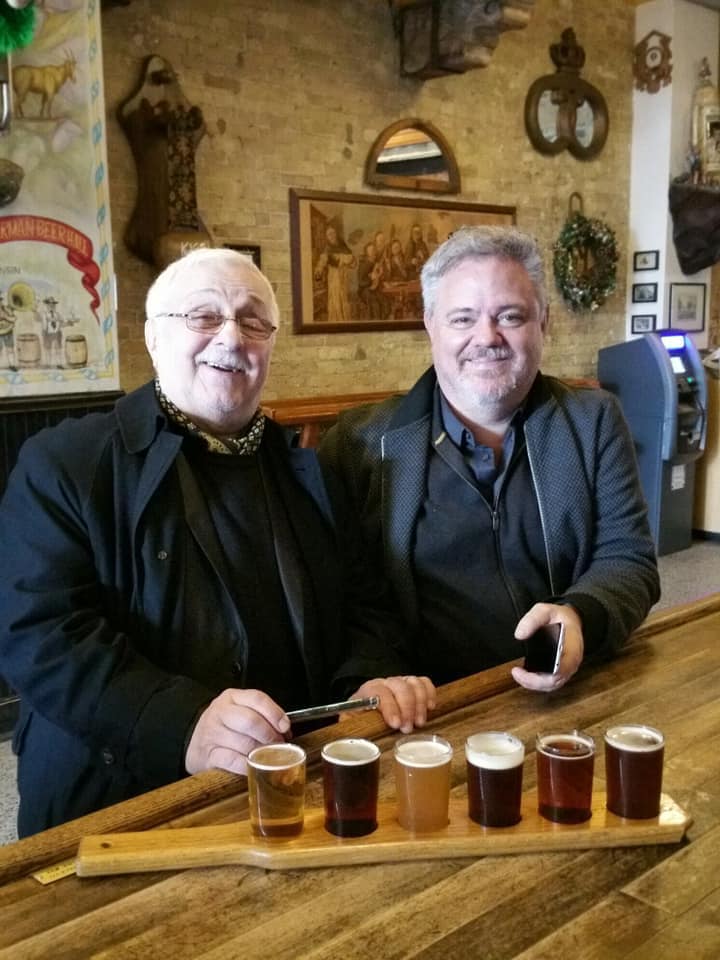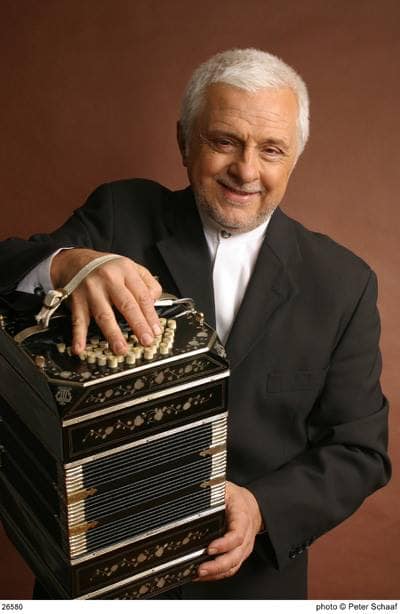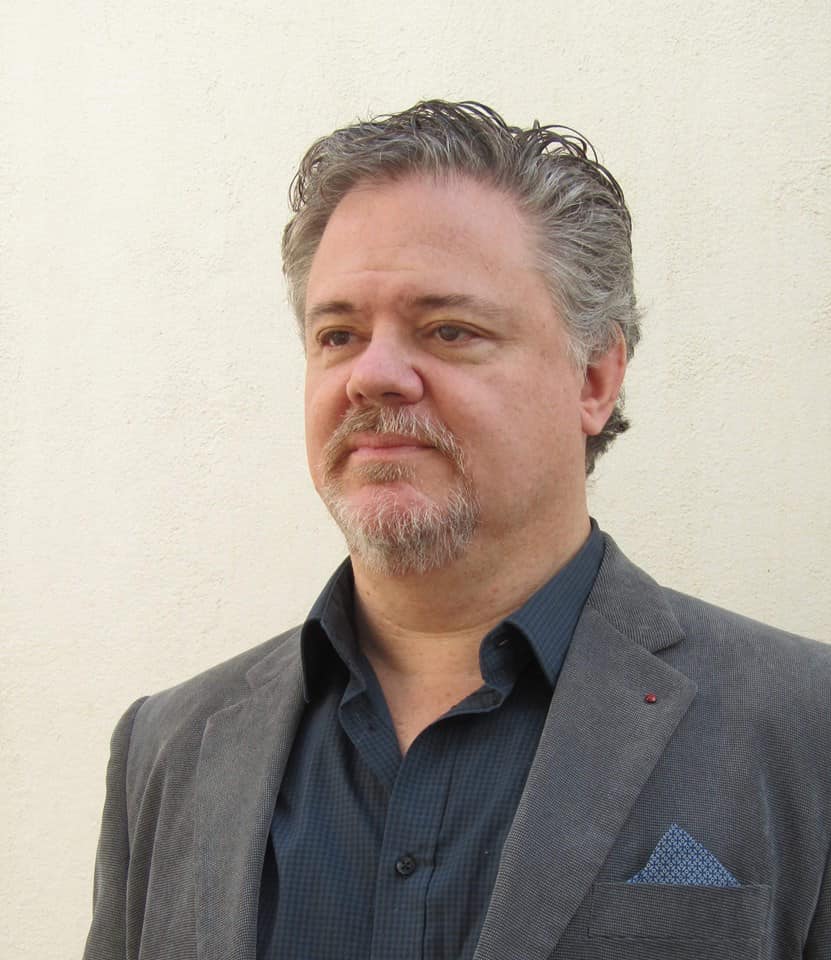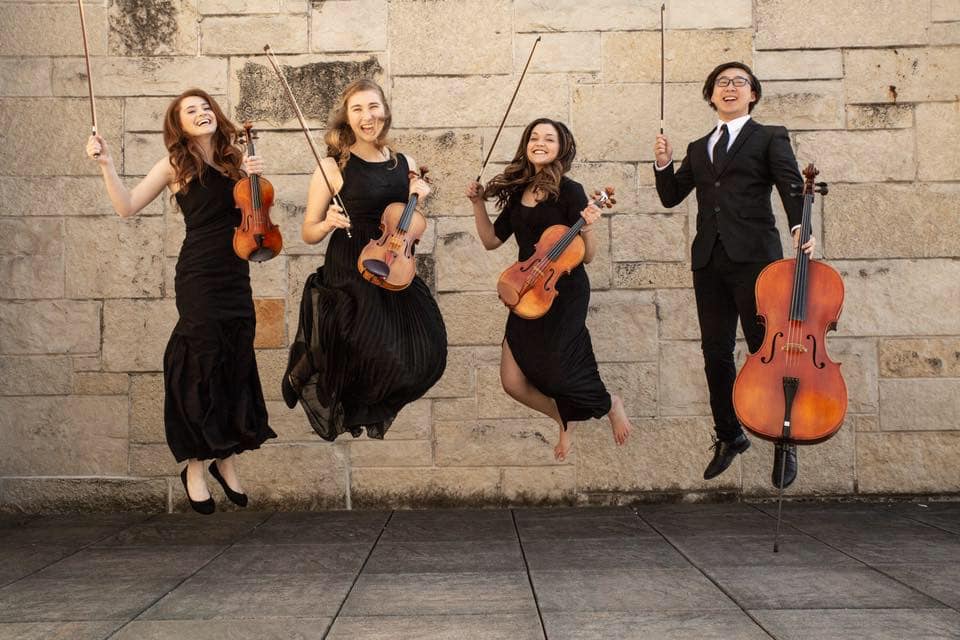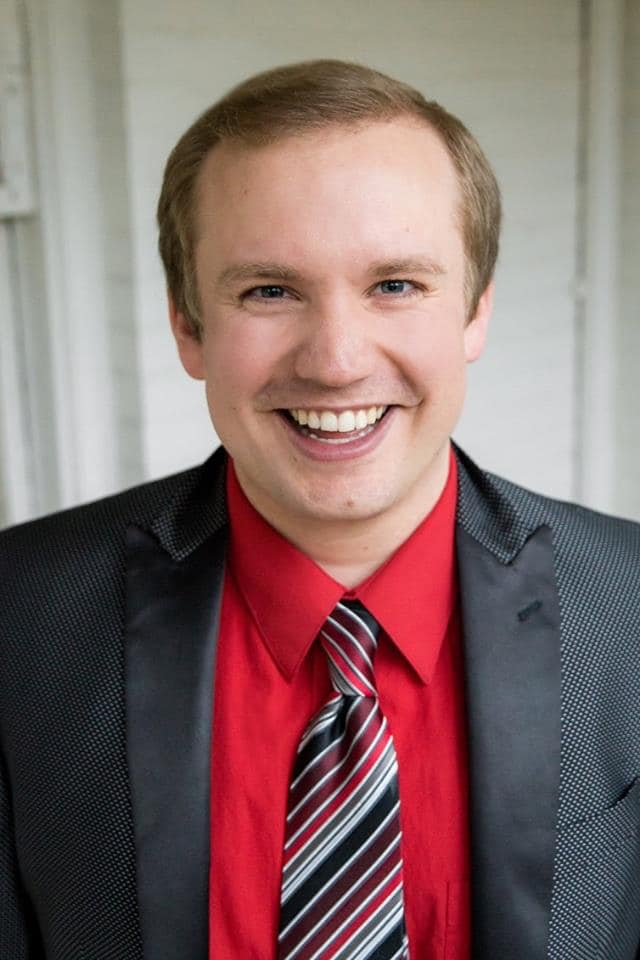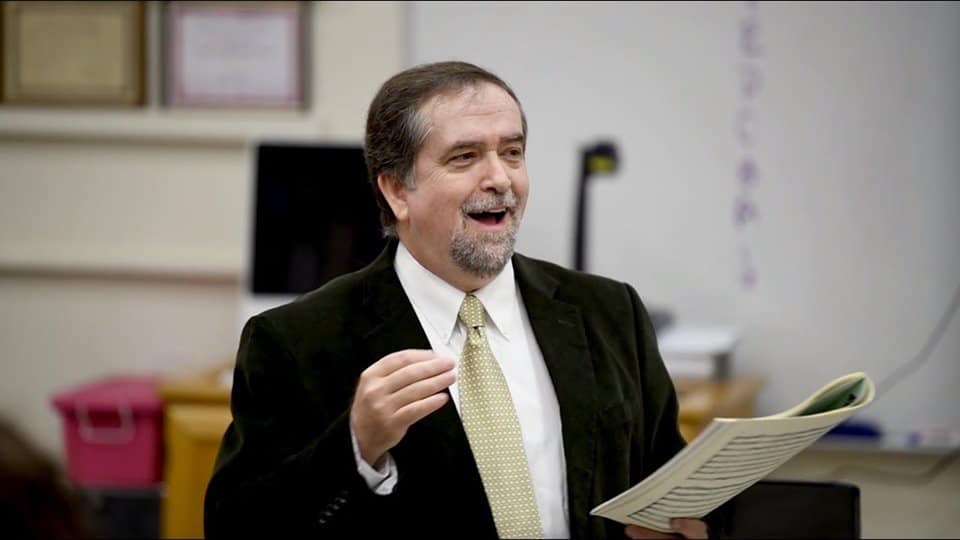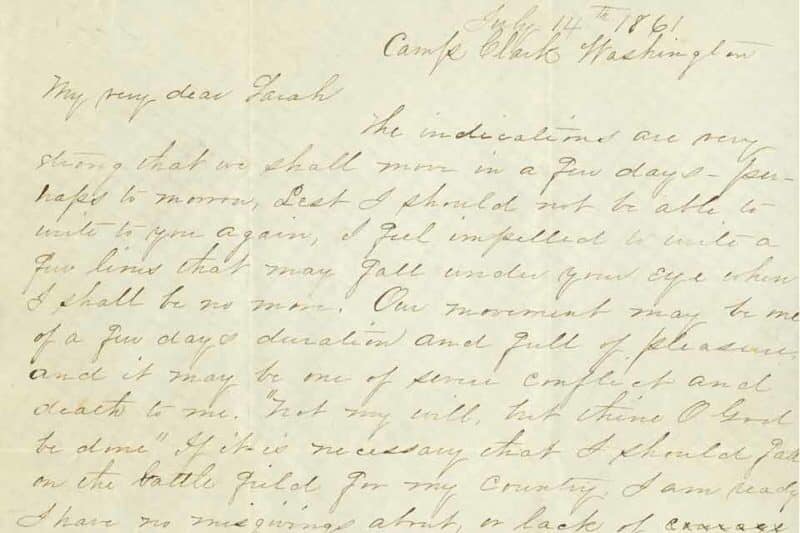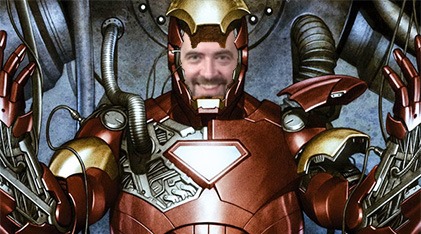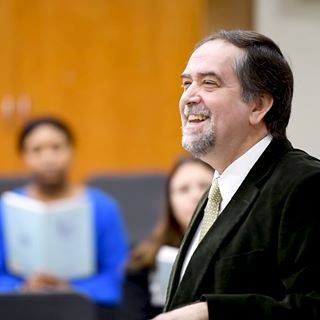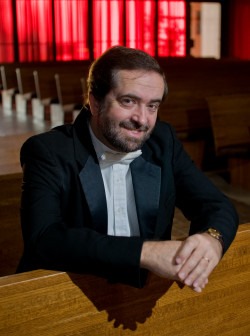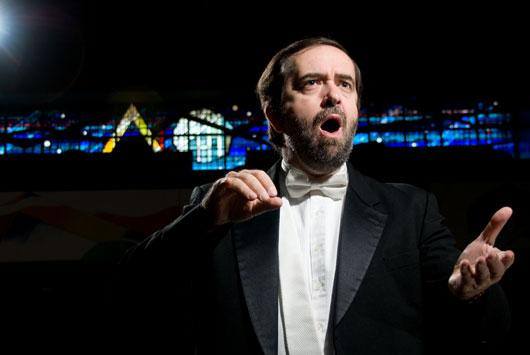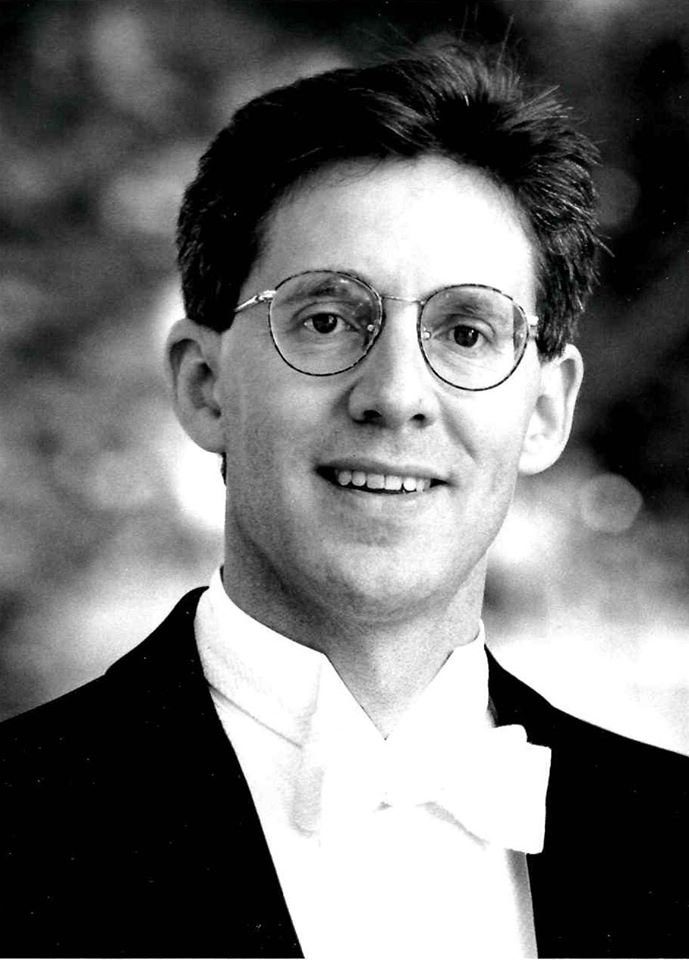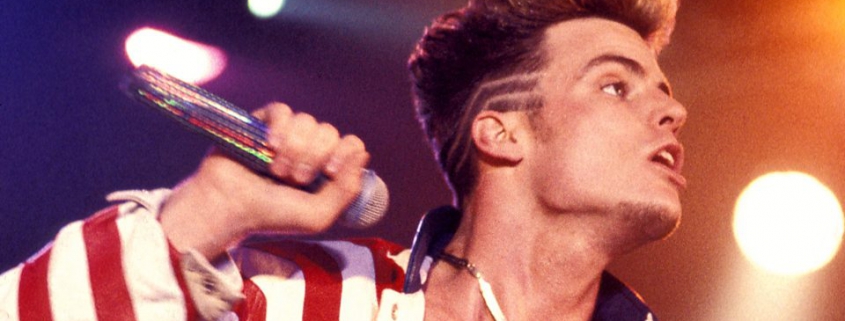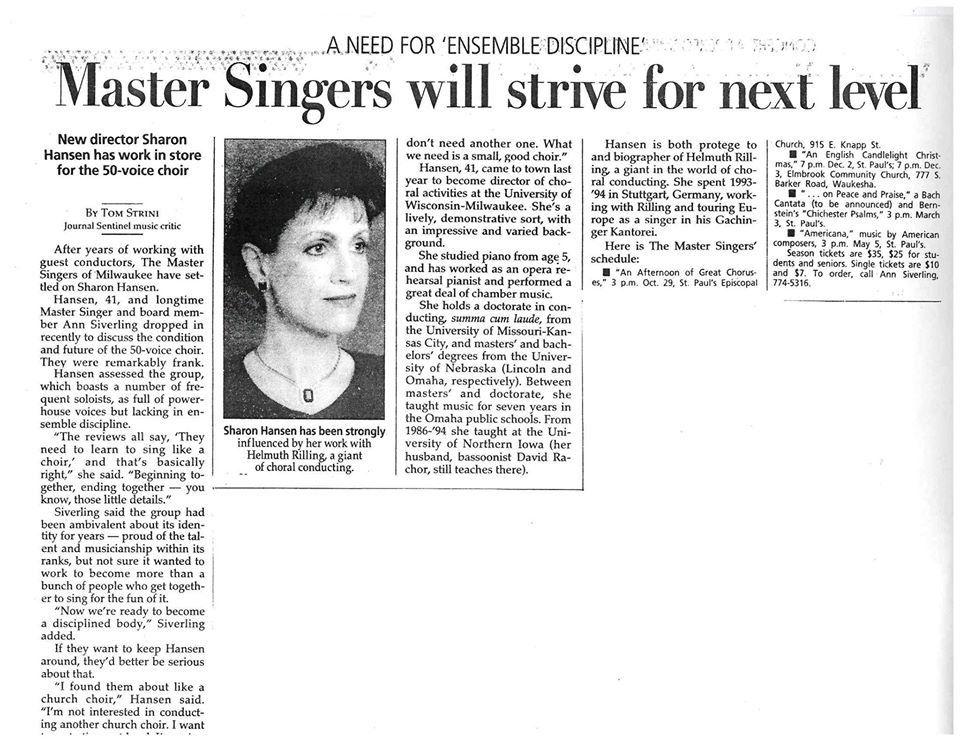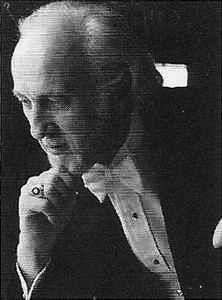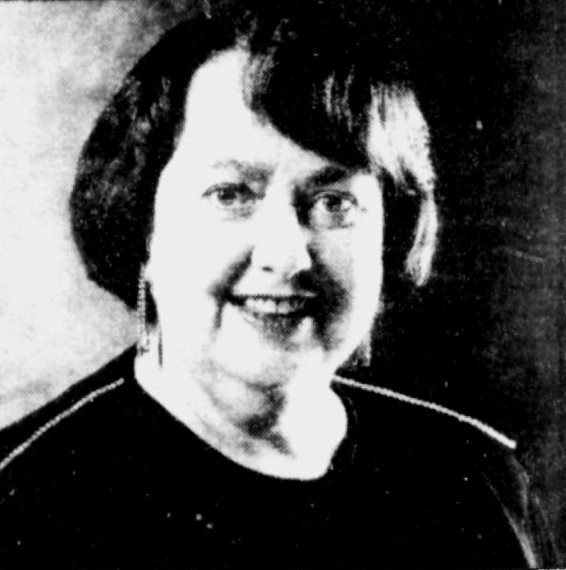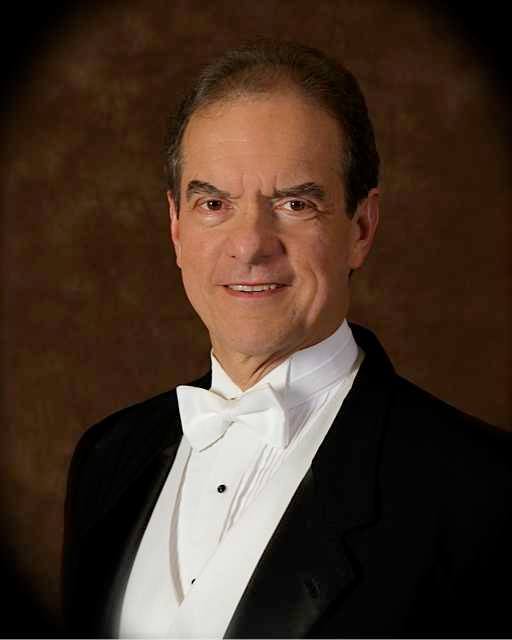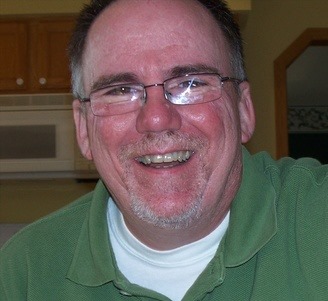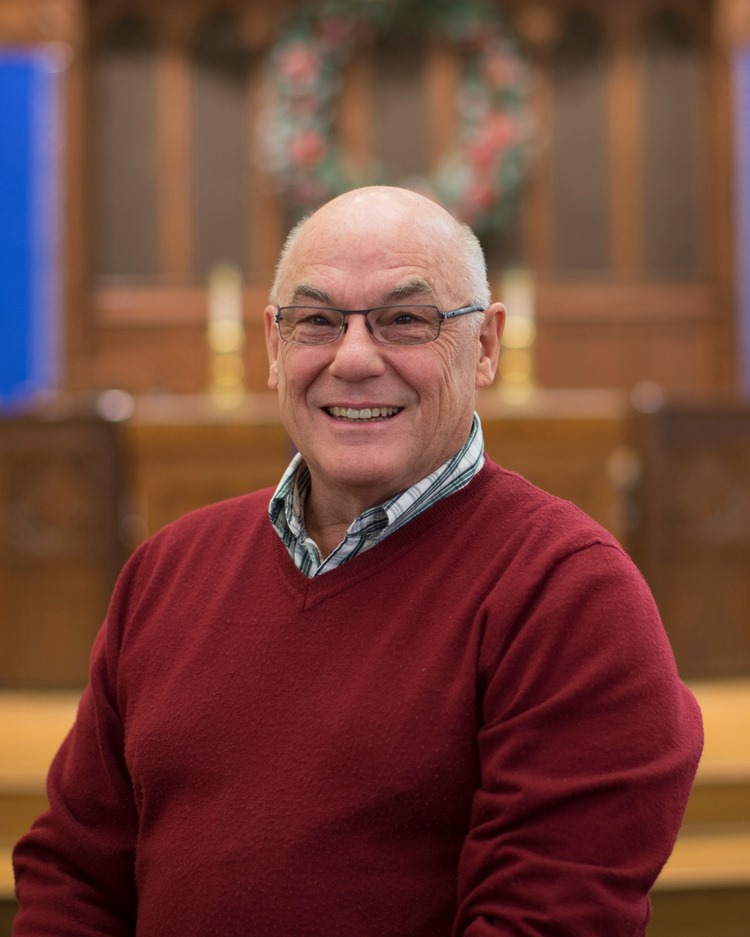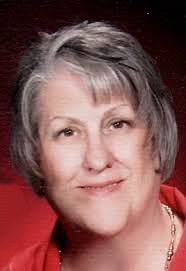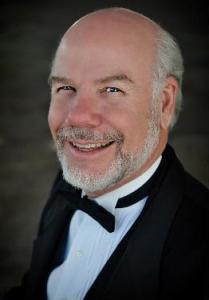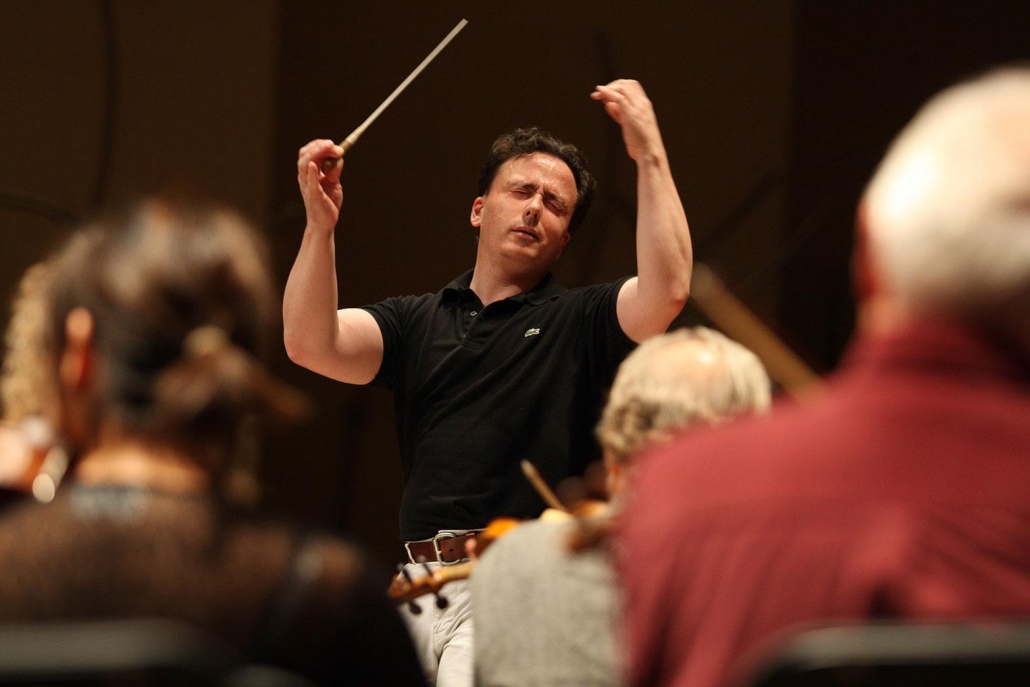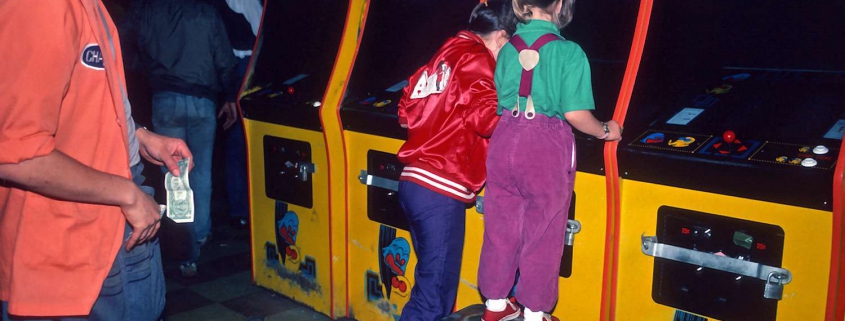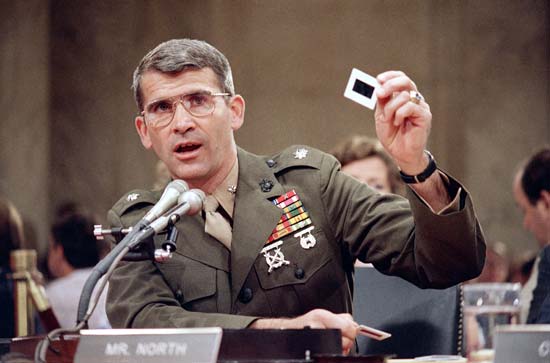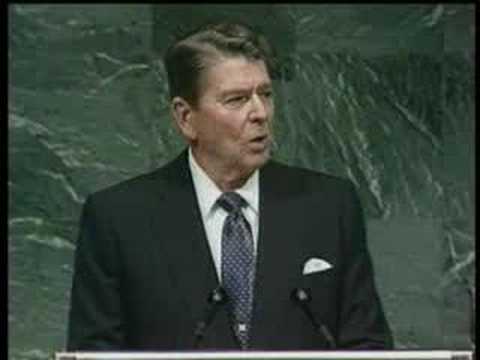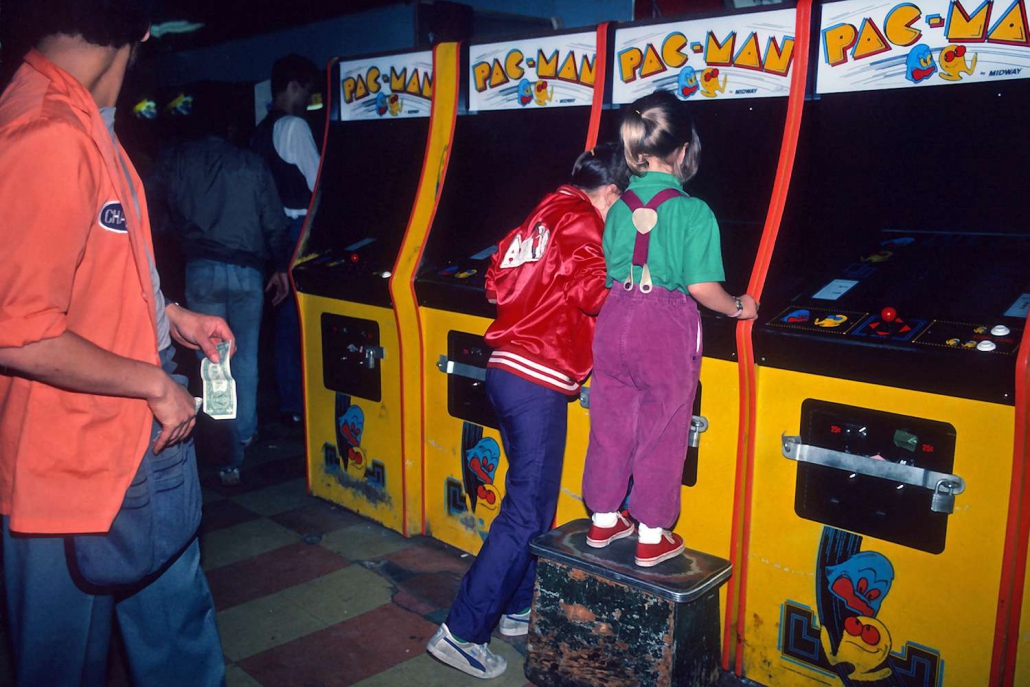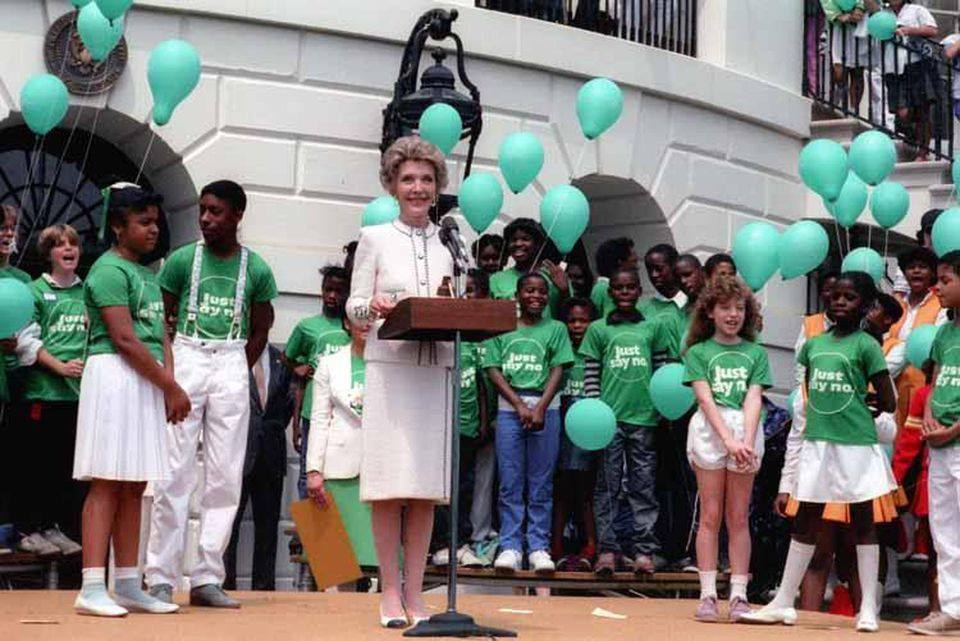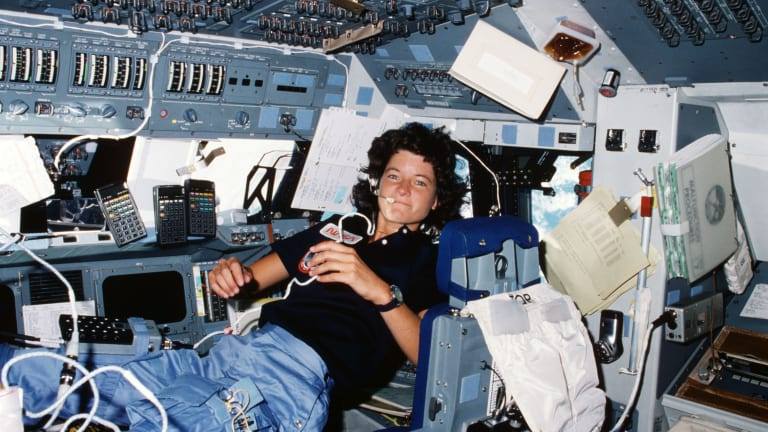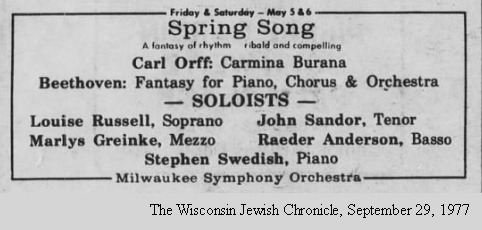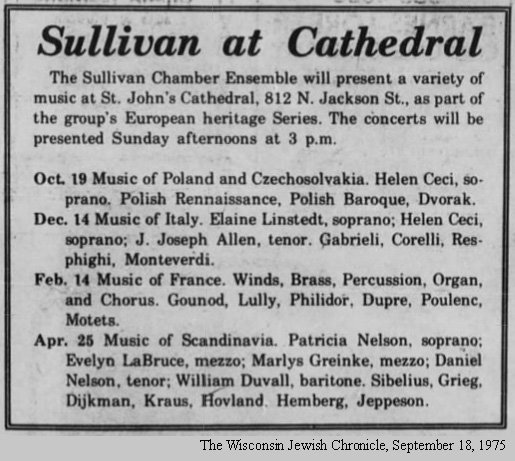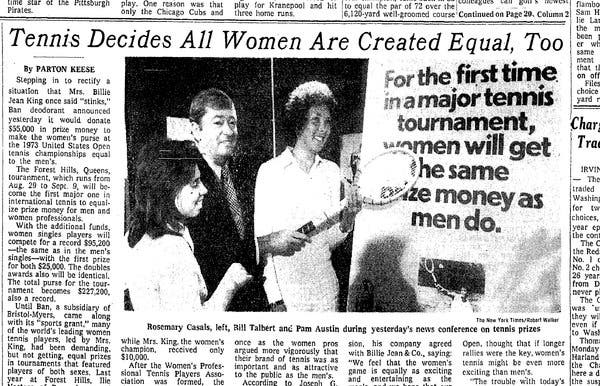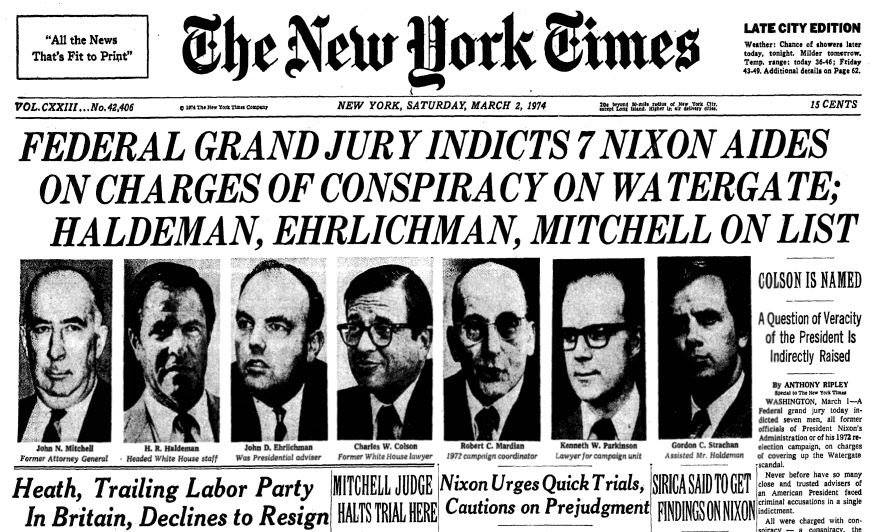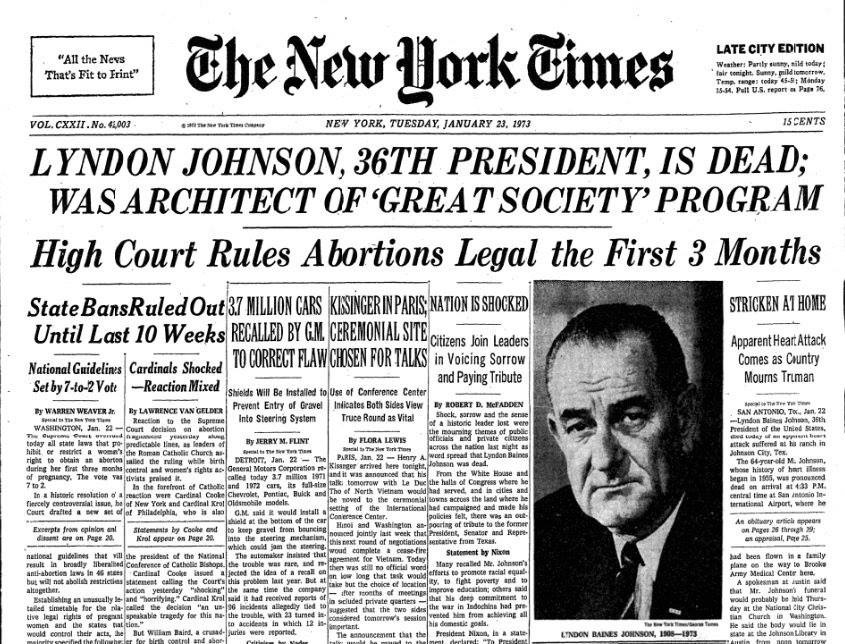The fifth decade of the MSM began with Dr. Eduardo Garcia-Novelli programming his fourth full season as the MSM’s music director. As of 2019, Dr. García-Novelli has been the music director for nine seasons the longest of any director for the MSM. So how did Dr. Eduardo García-Novelli accomplish seeing the forest through the trees? Simple he had us climb them to new heights.
With the stability of a powerhouse music director and a core of strong, committed singers, the MSM embarked on a new mission: a concert should be an event, a visual and aural experience. Combining the spirit of diversity and following the excellence of music over societal standards would once again open the door to accomplish this auspicious goal of creating an experiential event around each concert.
The 2014-15 season featured a “Mass Mash-up”. Two Masses were presented with each movement (Kyrie, Credo, etc.) by a different composer. In the spring, the MSM presented “Celebrate the Arts”, including a dramatic reading from “The Belle of Amherst” and the UWM dancers interpreting “Dark Night of the Soul”, by Ola Gjeilo. Paintings and sculptures by local artists were displayed. In May 2015, the MSM celebrated the cultures of Milwaukee at the Helene S. Zelazo Center on the UW-Milwaukee campus. A PowerPoint presentation was displayed behind the choir for most pieces, showing old historic photographs of the various ethnic groups in Milwaukee. The Kinsella Academy Of Irish Dance performed, and Stas & Misha entertained during the intermissions.
The 2015-16 season began with the MSM singing the sublime “Lux Aeterna” by Morten Lauridsen. The March 2016 concert was “A Musical Journey of the Americas”, featuring two masses composed in the Americas. The first was Missa “Ego flos campi” by Juan Gutiérrez de Padilla. Padilla was born in Spain but moved to Mexico in 1620 to compose music in the New World. The other, “Mass from Two Worlds”, was composed by contemporary composer Ariel Quintana, an Argentinian. The May 2016 concert, titled “Speak to Us of Love”, featured a poetry reading by Senior Lecturer Raeleen McMillion of the UW-Milwaukee Theatre Department and a PowerPoint presentation of the words to “Dear Sarah”, a letter written by a Civil War soldier to his wife and children, by James Syler. The text of the piece appeared on the screen in time with the choir singing them. The text is from a letter written by a Civil War soldier to his wife and children. A week after writing the letter, the soldier died at the Battle of Bull Run. The song deeply haunting and eerily foretelling of the soldier’s fate didn’t leave a dry eye in the house.
As a return gesture for Dr. Eduardo García-Novelli conducting concerts in Slovenia, the MSM invited Alenka Podpečan from Slovenia to direct a concert in March of 2017 with the MSM and the Carthage College choir in a concert named “Between Two Worlds”. The chosen repertoire featured music by several Slovenian composers and Slovenian folk songs, as well as music by composers from some of Slovenia’s neighboring countries – Italy, Austria, Hungary, Croatia. Exceedingly challenging for its demand to master a number of different languages, “Between Two Worlds” was a crowning moment in cultural inclusion and an incredible experience for the Carthage College Choir and the Master Singers of Milwaukee in working with the young, vibrant, and talented Alenka Podpečan.
At the same time, the MSM was adjusting to changes behind the scenes. When Marlys passed, long time original member Lee Henning stepped up to take over as President for the MSM. A titan in the group, Lee helped keep the gears turning and propelling the organization forward. In addition to being one of the original members, Lee was one of the groups loudest advocates pushing it to grow and for the community to be aware of the amazing music it was creating. His steadfast dedication to community engagement helped continue the principles that Marlys had established and kept her spirit alive in the group. We are happy to say that to this day Lee is still a fixture tenor in the MSM and one of a small handful of original members still performing at the highest levels within the group. Lee, however, recognizing and being a strong proponent for the groups continued growth retired from the role of President to open the way for new people and ideas to help carry the group forward. A special piece was commissioned by the MSM of Gregory Berg, Associate Professor of Music at Carthage College and all-around amazing musician that the group performed in honor of Lee and his many years of commitment to the MSM as President. His lasting imprint on the MSM was mirrored in the moving melody and lyrics of the piece.
Simultaneously, Ross Greinke stepped in to fill the void as President and the group hired Dr. Sally Stanton as Executive Director of the MSM to help develop its organizational skills and create a stronger infrastructure and consistency to keep up with the growth we were experiencing. The MSM also expanded its financial program incorporating more grants and innovative ways of keeping consistent funding throughout the year.
The 2017-18 season began with “Seasons in Song”, including Morten Lauridsen’s “Midwinter Songs”. The rest of the program followed with music from autumn, spring, and summer, including “Summertime” by George Gershwin with Marj Fowler singing the solo. In March 2018, the MSM invited the UWM Concert Chorale and Director Dr. Zachary Durlam to share the stage for the concert “Of War and Peace”. Songs about war, peace, or pieces composed during times of war were presented. The final concert of the season, “At the Movies”, featured music from movies and films, old and new. A delightful PowerPoint presentation with images of the movie posters and scenes from each movie was created by Marlys Greinke’s grandson, Daniel Greinke.
2018-19 included concerts that took the experiential event to a new level. Each was an experience packed with immersive aspects not to be missed. The season began with a musical tribute to the year 1918 celebrating the 100 years that had passed. All of the composers either were born or died in 1918, was composed in 1918, or related to relevant events in 1918. Besides featuring composers Lili Boulanger and Claude Debussy, this concert celebrated the birth of Leonard Bernstein by performing his “Mass”, with guest tenor Cameron Smith and featuring our very own Lee Henning. The concert also included a powerful piece written in recognition of the Armistice signed in 1918 ending the first World War.
The financial stability of the group allowed another once-in-a-lifetime experience, as the Master Singers of Milwaukee were able to perform the Midwest premiere of “Misa a Buenos Aires: Misatango” by Martín Palmeri a unique pairing of the traditional Mass with the vibrant pulse and style of Tango music. Its world-traveling composer Maestro Palmeri was invited to accompany his piece on the piano. Additionally, the world-famous bandoneon player Daniel Binelli was invited to accompany the Misatango. The bandoneon, a concertina-like instrument with buttons instead of a keyboard, is intimately tied to Argentinian tango and Misatango was specifically written to include this beautiful instrument. The trinity of Argentinians, Maestro Martín Palmeri, Master of the bandoneon Daniel Binelli, and our very own Dr. Eduardo García-Novelli provided an amazing cultural immersion and brought to life “Misa a Buenos Aires: Misatango”. A nine-piece string ensemble affiliated with Carthage College including the President’s Quartet rounded out the instrumentalists with performances at All Saints’ Cathedral and the A.F. Siebert Chapel at Carthage College in a performance that was the largest attended performance in the Carthage Fine Arts Series to date. The visual portion of the concert included tango dancers and several standalone tango pieces performed by world-renowned Daniel Binelli.
The season concluded with “A Night at the Oper(ett)a”, a whimsical exploration of the operetta art form with excerpts from “Pirates of Penzance” and “Die Fledermaus”. Five ultra-talented local artists, Laura Schachner, Erin Sura, Shallece Saleen, Nathan Wesselowski, and Drew Brhel joined the MSM performing scenes from the operettas. The MSM choir members cut their teeth in acting playing supporting and lead roles in addition to their singing duties.
The 2019-20 season will continue the strategy of making each concert an event to both see and hear. In May 2020, the MSM will perform J.S. Bach’s “St. John Passion” with guest soloists and a 19-member orchestra. This concert will be sponsored in part by Ross Greinke as a remembrance of the legacy left by his parents, Ralph and Marlys Greinke. Ralph Greinke passed away in November of 2018 having left a lasting impact himself on the group’s success for all his years of support for Marlys and her passion for music. This season will be Ross’ 30th performing with the Master Singers of Milwaukee and will be his last, as he retires from the group and the board to live closer to his siblings in Tampa, Florida.
The impact that the Greinke family has had on the MSM is impossible to overstate. Friday we will revisit the hero theme we started with and write the conclusion of this story for now. We will look back on what brought us here and what is so unique about the MSM.
Thank you as always to our fans and followers for being the best in Milwaukee and don’t forget to take advantage of season tickets now at a special discount price! As we gather to begin crafting the amazing experiential events you have come to expect we look forward to hearing from all of you on here recounting your fondest memories of the MSM.


